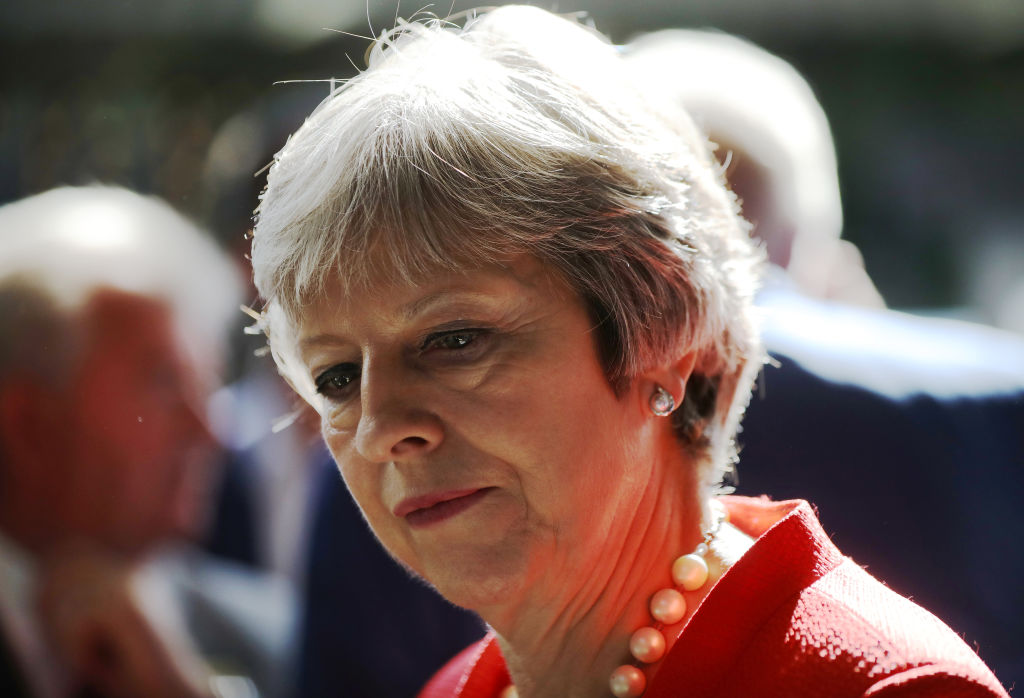Number 10 have long been convinced that if they could talk to the member states, rather than the Commission, they’d have a better chance of getting a reasonable Brexit deal. So, the Salzburg meeting on the 20th of September, where May will get to speak to the leaders of the EU27 directly, has taken on huge importance.
But, as I say in the magazine this week, while the heads of government might be more understanding of May’s political predicament, they still won’t accept her Chequers plan. Rather, they’ll—at best—push for further concessions from her.
What May must decide over the summer, is what she’ll do when they ask for this. The remaining Brexiteers in her Cabinet take the view that Chequers mustn’t be seen as merely an opening offer. They fear that if it is, Britain will be salami sliced into, essentially, becoming a non-voting member of the EU. They take the view that if it becomes clear the EU27 won’t accept something pretty close to Chequers, then May must change tack—and that, if necessary, she must be prepared to make this switch at Salzburg in September.
In these circumstances, they would prefer her to push for a free trade agreement along the lines that Canada signed with the EU. The challenge with this would be how to make it compatible with what May signed up to on the Irish border in December, without doing significant damage to the constitutional framework of the UK. But if May makes more concessions before the EU has reciprocated, then she’ll lose more ministers—and her own position will become even more vulnerable.







Comments